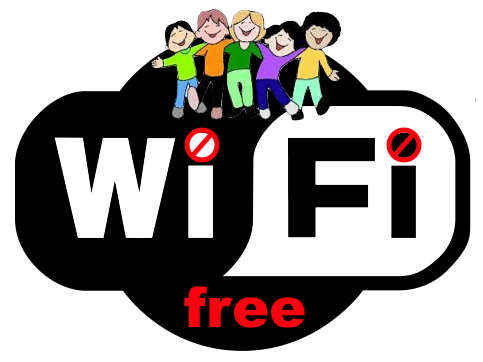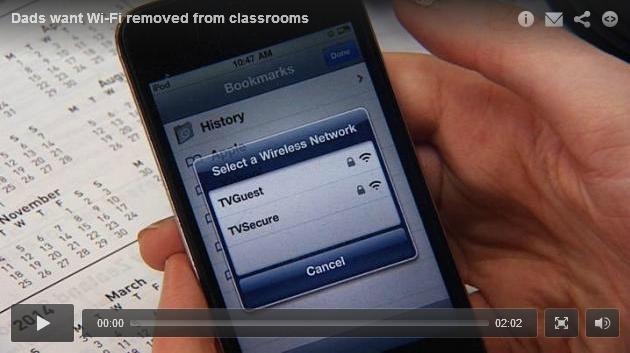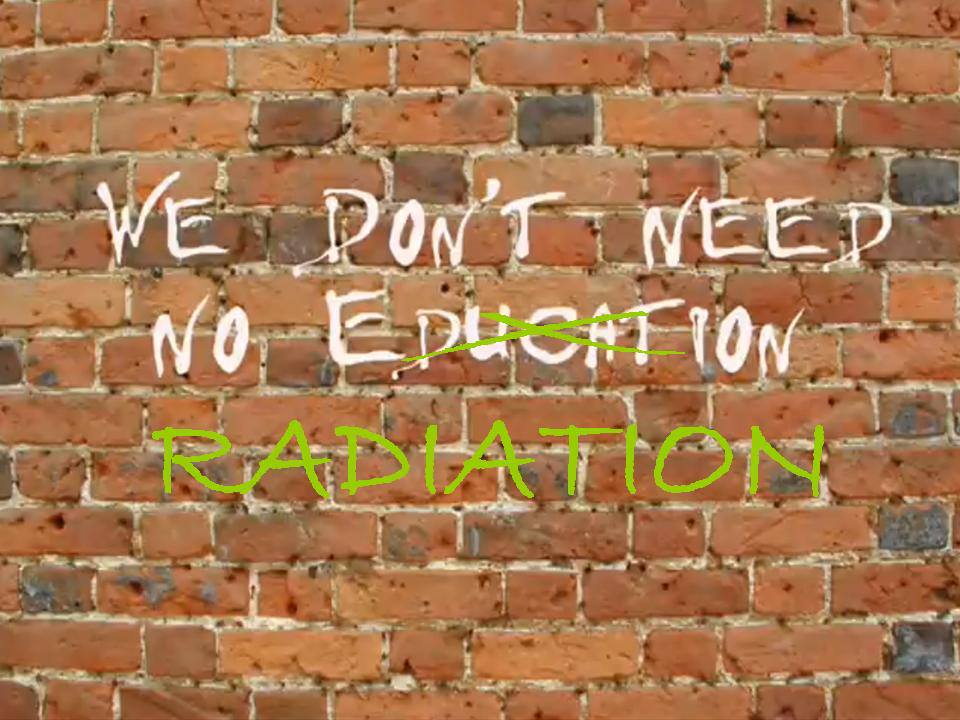Na Gent willen nu ook politici in Leuven wifi bannen op scholen en crèches
- Gegevens
- Gepubliceerd: woensdag 03 september 2014 14:54
 In juni dit jaar liet de stad Gent weten wifi te zullen bannen uit crèches en basisscholen. Ook in Leuven gaan er nu stemmen om voor een dergelijke maatregel:
In juni dit jaar liet de stad Gent weten wifi te zullen bannen uit crèches en basisscholen. Ook in Leuven gaan er nu stemmen om voor een dergelijke maatregel:
hln.be / nieuwsblad.be - Mich De Winter, Leuvens gemeenteraadslid voor sp.a, pleit voor het bannen van Wifi in alle kinderruimtes en lagere scholen. Dit om gezondheidsrisico's voor kinderen uit te sluiten.
"Experts stellen al langer dat jonge kinderen een bijzondere aandachtsgroep vormen voor langdurige blootstelling aan straling", zegt De Winter. "En ook de Raad van Europa roept op tot voorzichtigheid. Ik vind dat we die raad moeten opvolgen. Pas op, de stad Leuven heeft Wifi altijd preventief uit de kinderdagverblijven en het basisonderwijs geweerd. Ze beseft namelijk dat de gevolgen van mogelijk stralingsgevaar niet meteen waarneembaar zijn. Ouders die gebruik maken van stedelijke crèches en scholen kunnen dus gerust zijn. Maar toch zijn er veel scholen die steeds vaker werken met pc's, digitale borden en tablets. En het is zeker niet mijn bedoeling om scholen een stap terug te laten zetten op vlak van technologie. Wel vind ik dat scholen initiatieven moeten nemen om stralingsgevaar uit te sluiten en dat is perfect mogelijk. Veel applicaties en digitaal materiaal hebben na het downloaden geen internetverbinding meer nodig. Indien dat wel het geval is, kan er altijd nog gewerkt worden met een vaste internetaansluiting."
De Winter vindt het belangrijk dat niet alleen kinderen en jongeren in stedelijke voorzieningen beschermd worden. Hij wil in alle Leuvense basisscholen en crèches bewustwording creëren. Daarom pleit hij steevast voor het opstellen van een stedelijk charter dat door alle crèches en scholen ondertekend kan worden.



 Een handleiding en tips (in het Engels) hier, te vinden op de website van de
Een handleiding en tips (in het Engels) hier, te vinden op de website van de  Korte
Korte  Ook in basisonderwijs legt stad draadloos internet aan banden - Geen wifi in kleuterscholen
Ook in basisonderwijs legt stad draadloos internet aan banden - Geen wifi in kleuterscholen cronachemaceratesi.it
cronachemaceratesi.it volkskrant.nl
volkskrant.nl

